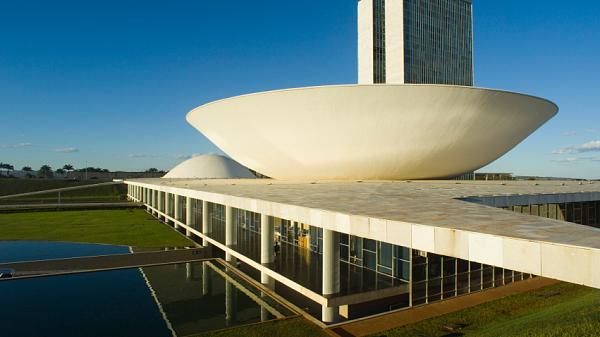Time Zone Change is Possible in Acre, Brazil
Acre voters voted in a referendum on October 31, 2010 that would decide whether or not a time shift would occur in the state.

Voting results will be sent to Congress.
©iStockphoto.com/ josemoraes
The question asked voters “Are you in favor of the recent amendment of the legal hours promoted in your state?” which showed the majority of voters answering “No”.
The voters prefer to return to the old time zone, which is five hours behind Coordinated Universal Time (UTC) or two hours behind Brazil’s capital city, Brasilia.
Acre’s Time Zone Change
Brazil abolished one of its four time zones in 2008, which meant that most people living southwest of the Amazon rainforest region, including the state of Acre, were four hours instead of five hours behind UTC. This occurred due to the change in time zone regulations (Law No. 11,662) made by the Brazilian Government in April 2008. The law suggested a correction to a historical mistake that lasted over 90 years and hoped to improve broadcast timing issues faced by television networks.
The Switch Back
However, the state of Acre was not supportive of the new time zone change and was confused by it. The Senate ordered the holding of a referendum that was introduced in the Legislative Decree No 900/2009, which stated that it would verify the time zone change administered by the state and be held in conjunction with the 2010 election.
According to the State Electoral Tribunal (TRE-AC), with 98% of the votes reported, 58% of voters are not in favor of the current time zone and would like to return to the old time zone in Acre. The TRE-AC must forward the results to the Supreme Electoral Court (TSE) so that the decision can be sent to Congress for approval of the time zone change.
Time Zones in Brazil
Brazil currently has three time zones due to its large geographic size:
- The first time zone, UTC-2 hours, includes areas such as the archipelago of Fernando de Noronha.
- The second time zone, UTC-3 hours, comprises the states in the South, the Southeast, and the Northeast Region (except some islands). These include the states of Goiás, Tocantins, Pará, and Amapá, plus the Brazilian Federal District.
- The third time zone, UTC-4 hours, includes the states of Mato Grosso, Mato Grosso do Sul, Amazonas, Rondonia, Roraima and Acre.
Although Brazil observes daylight saving time, the start and end dates may change over time and are not necessarily followed by all states. States that observe the daylight saving schedule may also change from year to year.